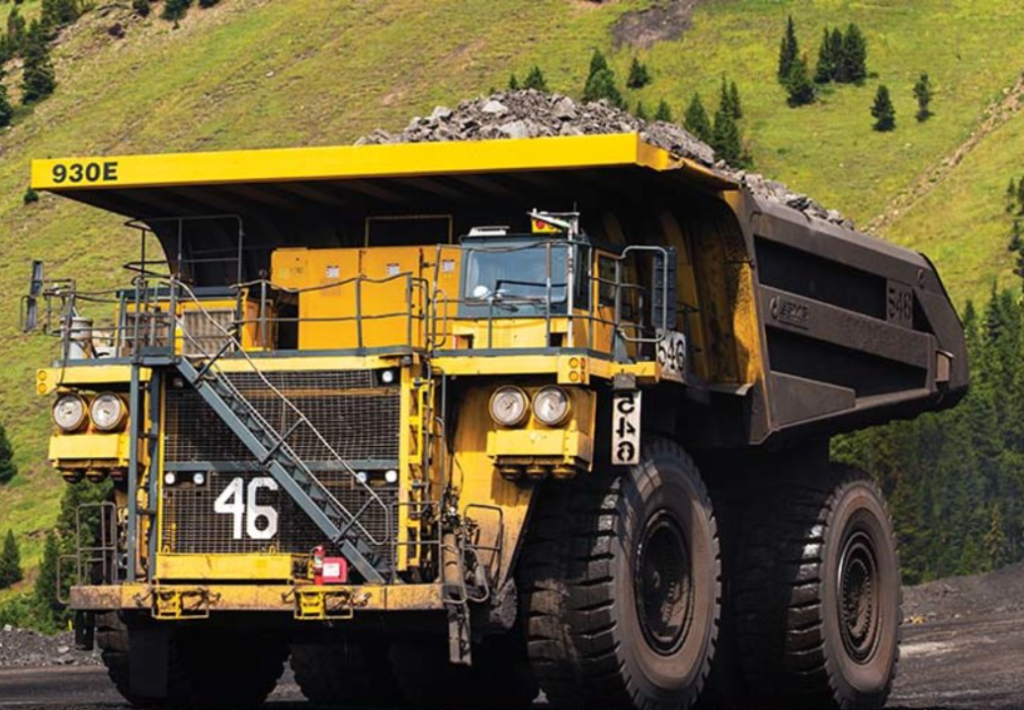Strong second half pushes Glencore to high end of 2023 guidance across the board


A strong second half of 2023 pushed production at Glencore (LSE: GLEN) to the upper end and even above guidance for almost all products.
“Overall, 2023 production was in line with our earlier revised guidance, with stronger second half volumes delivered across our key commodities, including copper, zinc, nickel, and coal,” said CEO Gary Nagle. “Compared to 2022, the moderately lower year-on-year copper and zinc department managed production volumes, primarily reflect disposals of the Cobar copper mine and various South American zinc operations. Nickel volumes fell 9%, owing to higher third-party production at INO [integrated nickel operations] and Murrin Murrin maintenance. Coal production was 3% higher, noting the numerous capacity constraints (weather, blockades, and logistics) that impacted the base period.”
Nagle went on to say that the company expects that adjusted EBIT will be US$3.5 billion.
Production of major commodities showed strong performance. Copper output was 1.01 billion tonnes, matching the top of guidance for last year. Cobalt output was 41.3 million tonnes, surpassing the upper end of guidance. Zinc output was 919,000 tonnes, near the lower end of guidance but still within range. Nickel output was 98,000 tonnes, surpassing guidance. Ferrochrome output was 1.2 million tonnes, also near but not below the lower end of guidance. Coal output was 114 million tonnes, almost at the upper limit of guidance.
In absolute number terms copper output fell 5%, cobalt fell 6%, zinc fell 2%, nickel was down 9%, and ferrochrome fell 22%. Only gold (13%) and coal (3%) output rose last year compared to 2022.
Full year guidance for 2024 was given as 950,000 to 1.01 million tonnes of copper, 34,000 to 40,000 tonnes of cobalt, 900,000 to 950,000 tonnes of zinc, 80,000 to 90,000 tonnes of nickel, 1.1 million to 1.2 million tonnes of ferrochrome products, and 105,000 to 115,000 tonnes of coal.
Additional details are posted on www.Glencore.com.
Comments